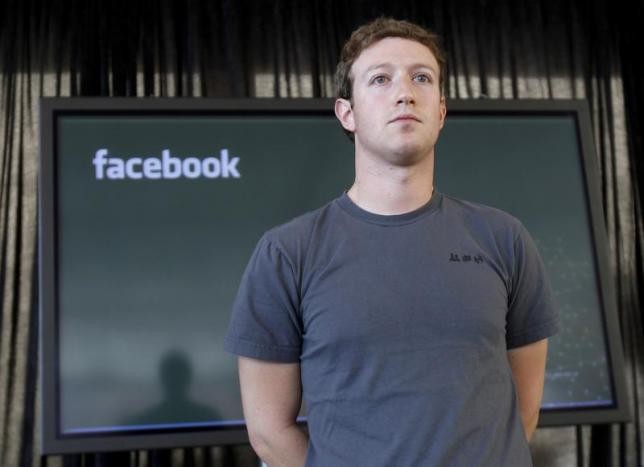Facebook CEO Mark Zuckerberg's decision to donate most of his wealth to charity has put affluent Chinese people under the scrutiny of the public, a report from the Global Times said.
It's not the first time this has occurred. Wealthy people in China have been under public pressure as most people view them as "stingy" compared to their western counterparts.
"The wisest person donates his money to medical care. . . . I hope the tycoons and celebrities in China can pay more attention to the environment, health care and education, buy fewer Koenigsegg [luxury race] cars," one user from social networking website Weibo said.
Zuckerberg was showered with praises as the 31-year-old entrepreneur announced his charitable intentions on Tuesday, Dec. 1, following the birth of his daughter. 99 percent of Zuckerberg's Facebook shares will go to the Chan Zuckerberg Initiative.
"He's a really special tycoon, living in an ordinary house, wearing ordinary clothes, and finds an ordinary-looking wife," said another Weibo user.
Netizens compared Zuckerbeg's move to the behavior of China's wealthy elite--some of whom showed reluctance to attend a dinner put together by Warren Buffett in 2010 to promote philanthropy.
According to Jack Ma, CEO of Alibaba and one of the richest men in China, wealthy people in the country don't donate because they don't want to share their blessings.
"Chinese entrepreneurs have limited resources. Their first responsibility should be to use their money for investment, create more jobs and wealth," Ma said, at a speech at Peking University last September. "If we donate all our money when we're young, and many entrepreneurs have not learned how to spend their money, this will not benefit China."
Experts also said that it's unfair to criticize and compare wealthy Chinese entrepreneurs to American philanthropists. Philanthropy is a fairly known concept in the United States, while it's a relatively new thing in China.
"Chinese entrepreneurs haven't been rich for that long. It might be unacceptable for them to donate most of their wealth which they worked hard for, but their concept will change with time," said Mao Shoulong, a professor from Renmin University.




























